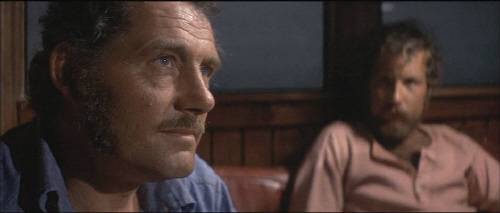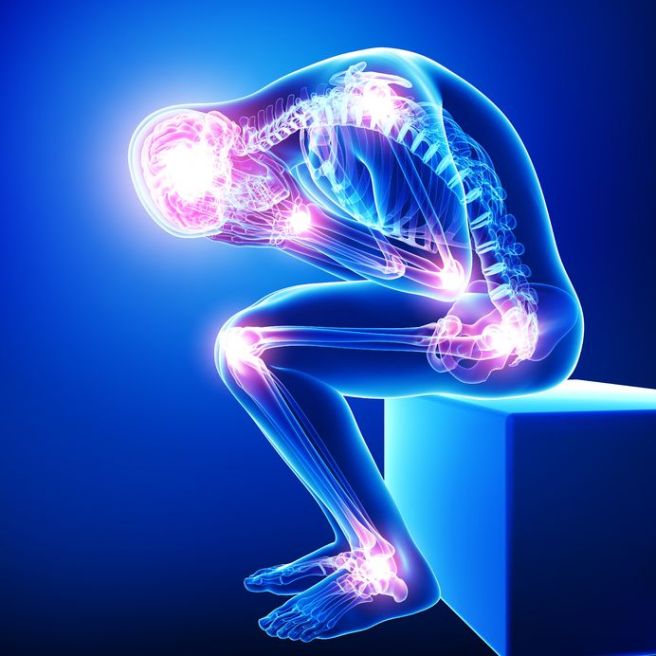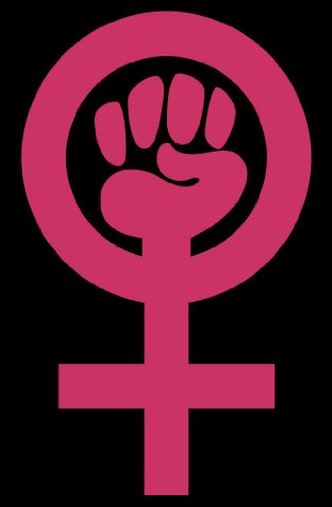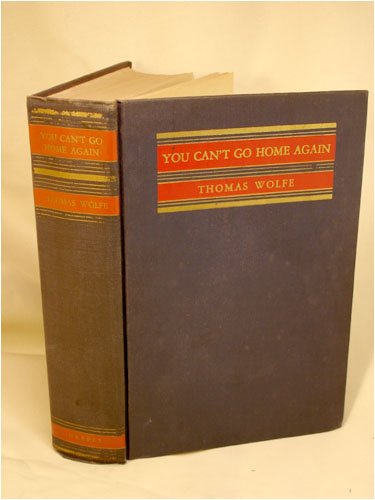
War is Peace
Freedom is Slavery
Ignorance is Strength
George Orwell, Nineteen Eighty-Four
A change in my wife’s chemotherapy regimen recently opened up the opportunity for us to visit Paris and London. It was originally supposed to be an early 25th anniversary gift to my wife last September (our 23rd anniversary), but a sudden, nasty infection forced us to cancel the trip hours before we were to leave for the airport. Crestfallen doesn’t begin to cover our disappointment. When presented with this window of time (before she began a new phase II clinical trial), we decided to schedule a last minute trip and take our twins with us who were home from their freshman year at college.
Armed with my own agenda of sights and attractions I wished to see, I found that instead, I saw the trip through the eyes of my family. My daughter, studying fine art and enamored with art history, provided me with a different appreciation of the architecture, style, culture and art of these cities that I would otherwise have missed. My son, the philosopher, showed me the political and societal differences beyond language that I would otherwise have missed. My wife, showed me that while the Champs Elysses essentially looked like Fifth Avenue or Oxford Street or any chain-choked mall in suburban America, it was the small side streets two blocks removed from the tourist centers that offered the best food, flowers and shopping. And together, they all agreed that while it was important to tick-off as many items from our “bucket list” as possible, we all enjoyed and appreciated sitting at a sidewalk café eating tomato, basil and mozzarella sandwiches on the most amazing bread while watching the world go by the most. To a person, we all agreed that we wished it was our second trip to these wonderful cities so that we could immerse ourselves in the local culture and pace without the pressure of “seeing” everything. I was forcing us to run everywhere, to the detriment of my wife and the chagrin of my children.
Having never traveled outside the country before, it was also interesting to see both how other countries existed, but also how they perceived Americans.
My son noticed (and was not a little bothered by) the soldiers patrolling the Eiffel Tower armed with very large weapons. So too did he notice the constant government monitoring in London via video cameras. These were visible on motorway markers and Tube stations, as well as mentioned repeatedly on notices throughout the city. Ironic, that London (Airstrip 1), would spark this observation in my son. Although to be fair, the only mustachioed poster we saw was not of Big Brother but of Brad Pitt on a poster for World War Z. We neither saw Winston Smith, nor any IngSoc signs.
Rather, I had an interesting conversation (or perhaps only a glimpse of a conversation) with the taxi driver (who was an (East) German expat). Sitting in the passenger seat of the small minivan on the way to the apartment we were renting, he asked me where we were from.
Instinctively, I replied, over the whine of the small engine, “The States.”
“Not Canada?” he asked, shooting me a quick, knowing look.
I admit that it took me a few seconds to digest the meaning of his question. Full of ourselves for being the “world’s police,” United States citizens somehow have managed to believe that we can belittle the rest of the world’s population while assuming we are both more civilized and, therefore, more entitled and have convinced ourselves that the rest of the world is somehow beholden to us. Apparently, more cautious travelers hide their US heritage beneath a more innocuous Canadian visage. Surely an interesting question from an ex-East German citizen obviously more sensitive to European viewpoints of Americans than me!
Other, more obvious, observations include the size of the cars driven. Nowhere did we see the parade of Tahoe’s, Suburban’s or tricked-out F-150’s that I see on my way to work here in Houston on a daily basis. Rather, the number of Vespa’s, motorcycles and bicycles moving like fruit flies in and out of traffic in Paris showed that the sudden appearance of a Suburban near the Arc du Triomph would generate both a traffic jam and trigger an enormous number of iPhone photos. All of the cars were very small, and yet, we saw no horrific accidents (or even a fender bender). And while they drive aggressively, there is no animosity in their intentions. It is simply a matter of getting from point A to point B. Perhaps “Road Rage” is an American phenomenon (which, coupled with the number of guns in our population can only lead to more problems). Something else we noticed was the absence of bumper stickers on the cars. There were no French flags or Union Jacks on the rear windows, no stick figures of every family member, no honor roll declarations, no personalized high school football/basketball/baseball/swimming/band/dance stickers, no NRA stickers, no Molon Labe stickers, no Come and Take It stickers, no NASCAR stickers, not even stickers of universities or professional sports teams. Apparently, rear view windows are there to provide visual clearance and bumpers are there to absorb collisions rather than replace our Facebook pages.
Another observation was the amount of complaining we heard. Parisians are very animated in their discussions with those with whom they are dining. And yet, there was, again, no animosity in their demeanor. While I couldn’t possibly understand what they were discussing, the physical cues they exhibited showed them to be in stark difference on whatever subject they were discussing. And while voices were occasionally raised, never once (and this goes for London’s pubs as well) did I feel that a disagreement was about to escalate into a brawl. That cannot be said for most places I’ve been in America. Testosterone and bravado seem to flood the American male much quicker than their European counterparts. In fact, the only complaining we heard in all of the lines we stood in was from Americans.
The gardens at Versailles are enormous, dwarfing the colossal chateau itself. As my wife is saddled with the side effects of chemotherapy (and despite her Herculean spirit), we thought it was a wonderful idea to rent a golf cart to tour the gardens, rather than expend her energy walking the estate. The firm contracted to provide the carts could expand their supply a hundredfold to meet the demand, therefore, the line was long and did not move quickly. As we (finally) reached the front of the line, the young man working there, who spoke English and was of Indian decent) took me aside and said that his family was visiting him in France and he was going to give them the next cart. My first thought was, hey, those are the perks of working here! Good for you! However, the woman from Kansas two couples behind us was not so understanding and went on and on about how she would have done this and that to the kid, blah, blah, blah. Truly, the only complaining we heard was from Americans.
I am not naïve enough to think that everything we saw was perfect, nor that what we did see constituted the “average” life of a citizen of these cities. However, there were stark differences and while I continue to struggle with paralysis in Washington, the torpid national response to everyday gun violence in America, the wholesale abdication of personal responsibility, the vitriol of the Tea Party, the ongoing religious hypocrisy of the right wing, the adoration of celebrity, the acceptance of lower educational performance, the increasing fracturing of societal ethos, epistemic closure as an unintended consequence of the internet and the vapid, ossified acid spewed on AM radio, I am reminded that is up to us to make tomorrow better than today. Our children are watching, and so is the rest of the world, and like our children, they will not wait.


 Publilius Syrus in the first century B.C. wrote “when Fortune flatters, she does it to betray.” Plutarch reinterpreted this as “I see the cure is not worth the pain.” Somewhere over the past two thousand plus years we have lost the connection between humanity and the humane.
Publilius Syrus in the first century B.C. wrote “when Fortune flatters, she does it to betray.” Plutarch reinterpreted this as “I see the cure is not worth the pain.” Somewhere over the past two thousand plus years we have lost the connection between humanity and the humane.


 We live in a disposable economy; neither secret nor revelation there! We also live in a society where we, through technology and media, demand instant gratification and are easily bored with work and distracted by shiny objects. It is easier to walk away from a problem than wrestle with it, but seldom right. It is easier to think of oneself rather than another, but rarely without consequence. We eschew effort as well as personal responsibility and popular culture celebrates this behavior. The existentialist will tell you that we are all, in fact, islands; that no one can truly appreciate what we, as individuals, think or feel. At the same time, however, we are all cogs in the various and intricate machinery we know as society.
We live in a disposable economy; neither secret nor revelation there! We also live in a society where we, through technology and media, demand instant gratification and are easily bored with work and distracted by shiny objects. It is easier to walk away from a problem than wrestle with it, but seldom right. It is easier to think of oneself rather than another, but rarely without consequence. We eschew effort as well as personal responsibility and popular culture celebrates this behavior. The existentialist will tell you that we are all, in fact, islands; that no one can truly appreciate what we, as individuals, think or feel. At the same time, however, we are all cogs in the various and intricate machinery we know as society.

